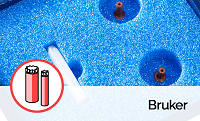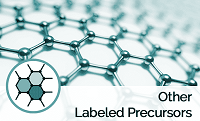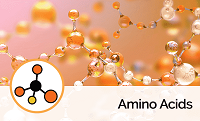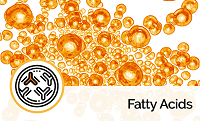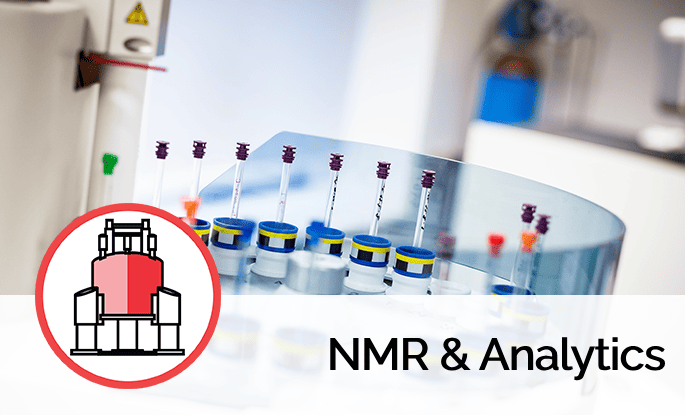Magnetic Resonance Imaging (MRI) represents a state-of-the-art technology both for research and diagnostic applications. However, the main limitation of MRI is its lack of sensitivity when compared to other techniques such as Positron Emission Tomography (PET) or Single-Photon Emission Computerized Tomography (SPECT).
Recent development in the field of Dynamic Nuclear Polarization (DNP) MRI employing nuclear spin polarization have enabled to offer enormous gains in sensitivity (as much as 10,000), making it possible not only to image the distribution of isotopically labeled cellular metabolites, but also to monitor their enzymatic transformation into other species. Therefore, DNP-MRI provides more sensitive ways to detect tumors responses to treatment and, with some substrates, new insights into cellular metabolism in vivo.
DNP MRI presents the advantage of employing stable isotope-enriched molecules that are harmless to humans and possess a much wider range of spectral signatures compared to other techniques employing radioactive tracers. DNP MRI relies on the monitoring of the metabolic evolution and by products formed after injection of an isotopically labeled molecule to a subject and helps providing unique information on metabolic activities.
Pyruvate-1-13C is an endogenous substance playing a central role in both catabolic and anabolic metabolism and constitutes the leading in vivo hyperpolarized imaging candidate. Indeed, with the first clinical trial (2010, # NCT01219618) validating the use of pyruvate-1-13C for diagnosis and therapeutic monitoring of prostate cancer by DNP-MRI, more applications of HP pyruvate-1-13C have emerged for the study of heart, brain, kidney, breast cancer, diabetes, Alzheimer’s disease, multiple sclerosis, ischemia, lymphoma...

DNP-MRI images of a mouse prostate presenting cancerous region following injection of pyruvate-1-13C
Between 2015 and 2018, 16 «Phase I» clinical trials involving pyruvate-1-13C were initiated by different groups in the USA. There is no doubt that the use of pyruvic acid-1-13C will be useful for detecting the presence of many diseases and monitoring the evolution of these diseases in response to treatment.

Cortec Health is pleased to provide highly enriched Pyruvate-1-13C, pyrogen-free and sterility tested for DNP-MRI applications. The search for additional polarizable substrates to probe additional in vivo processes, including oxidative stress and glutamate metabolism, is an active area of research in our laboratory. Below is a non-exhaustive list of hyperpolarized agents that can be used:










